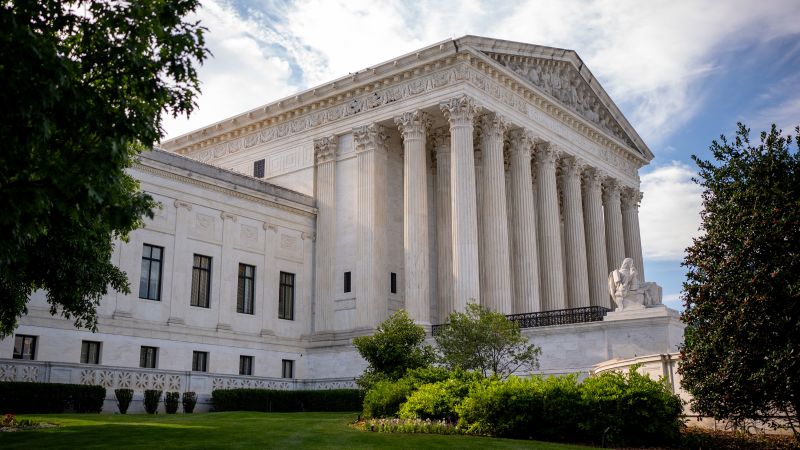In a recent development, the Supreme Court has revived a lawsuit by a North Dakota truck stop challenging debit-card transaction fees. This ruling could have far-reaching implications for government regulations and industries.
The decision reflects a trend in the Supreme Court’s rulings this term, making it easier for industries to challenge what conservative critics call the “administrative state.” Steve Vladeck, a CNN Supreme Court analyst and professor at the University of Texas School of Law, emphasized the significance of the ruling in light of recent decisions.
Justice Amy Coney Barrett, writing for a 6-3 majority, rejected the Justice Department’s argument regarding the statute of limitations for challenging regulations. Justice Ketanji Brown Jackson expressed strong dissent, criticizing the majority’s decision as flawed and having wide-ranging consequences.
The truck stop, Corner Post, is contesting a 2011 Federal Reserve rule that capped interchange fees for debit card transactions. The issue before the Supreme Court was technical, with the government arguing that the statute of limitations had expired for the truck stop to sue. However, Corner Post argued that the clock should start ticking from when it opened its doors in 2017.
The federal government raised concerns that allowing companies to challenge regulations indefinitely could have negative consequences. Both a federal district court and the 8th US Circuit Court of Appeals had previously sided with the federal government on this issue.
This story is still developing, and updates will be provided as more information becomes available.











